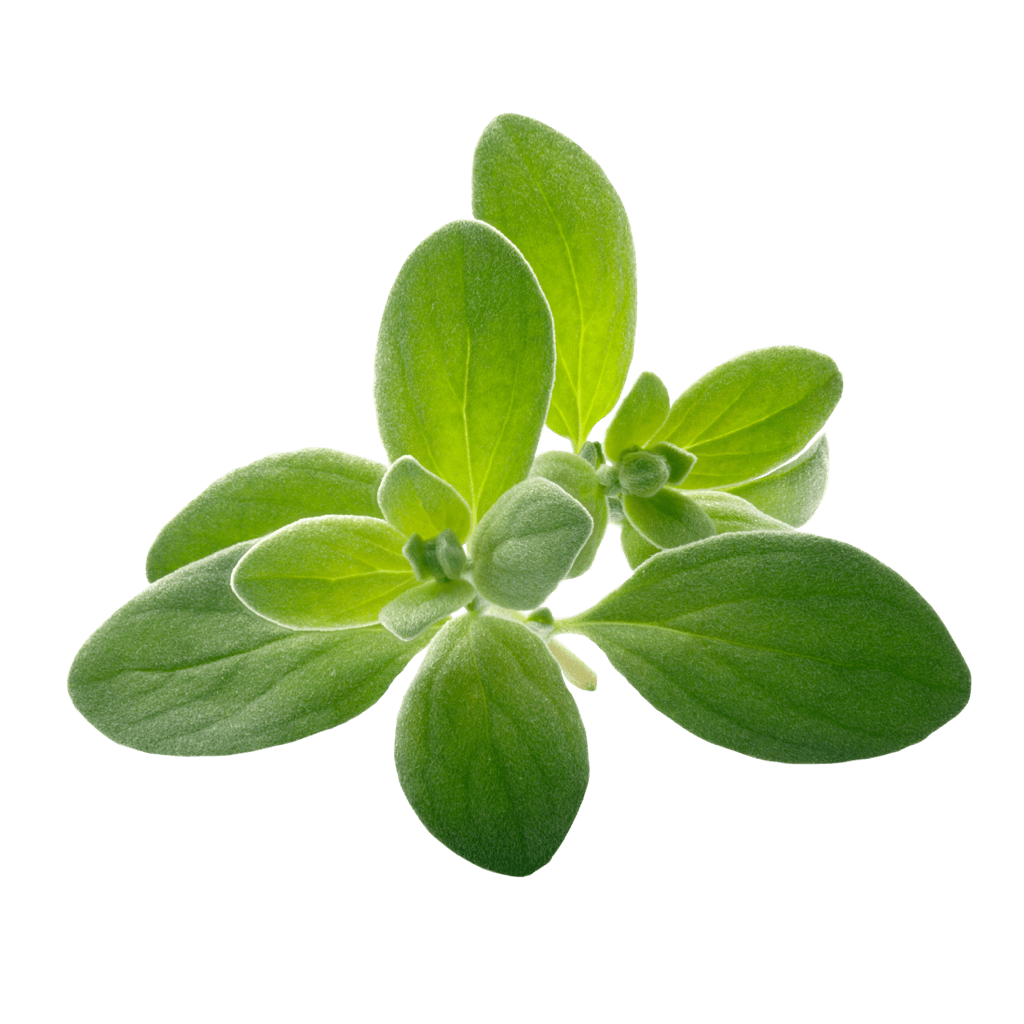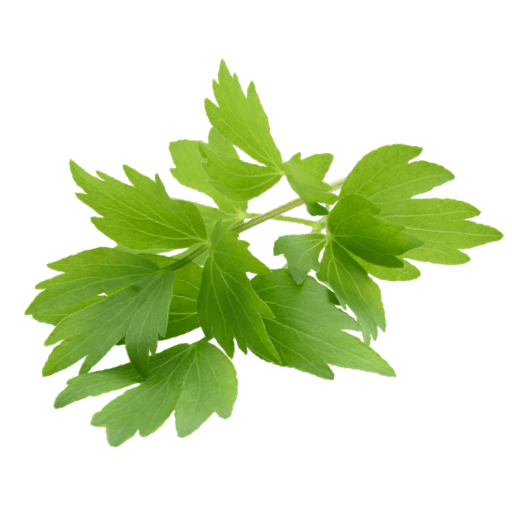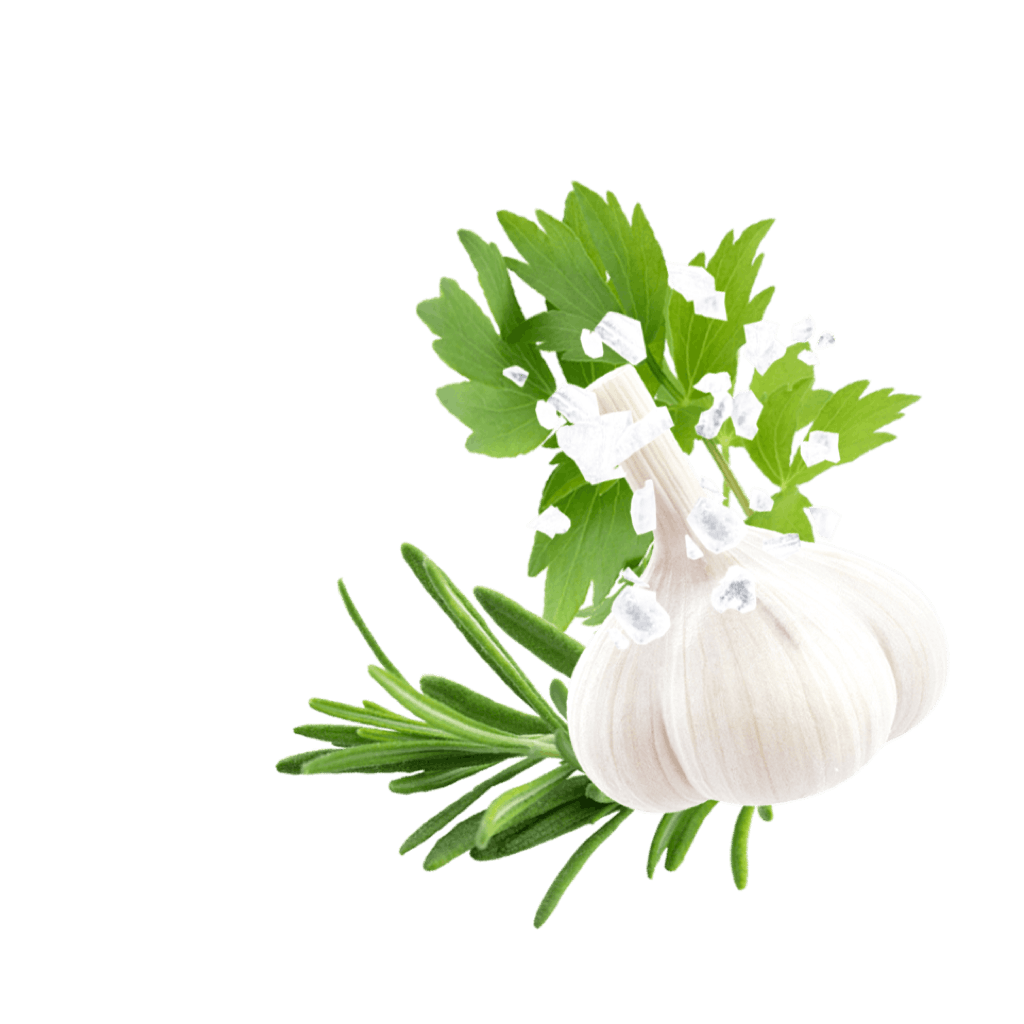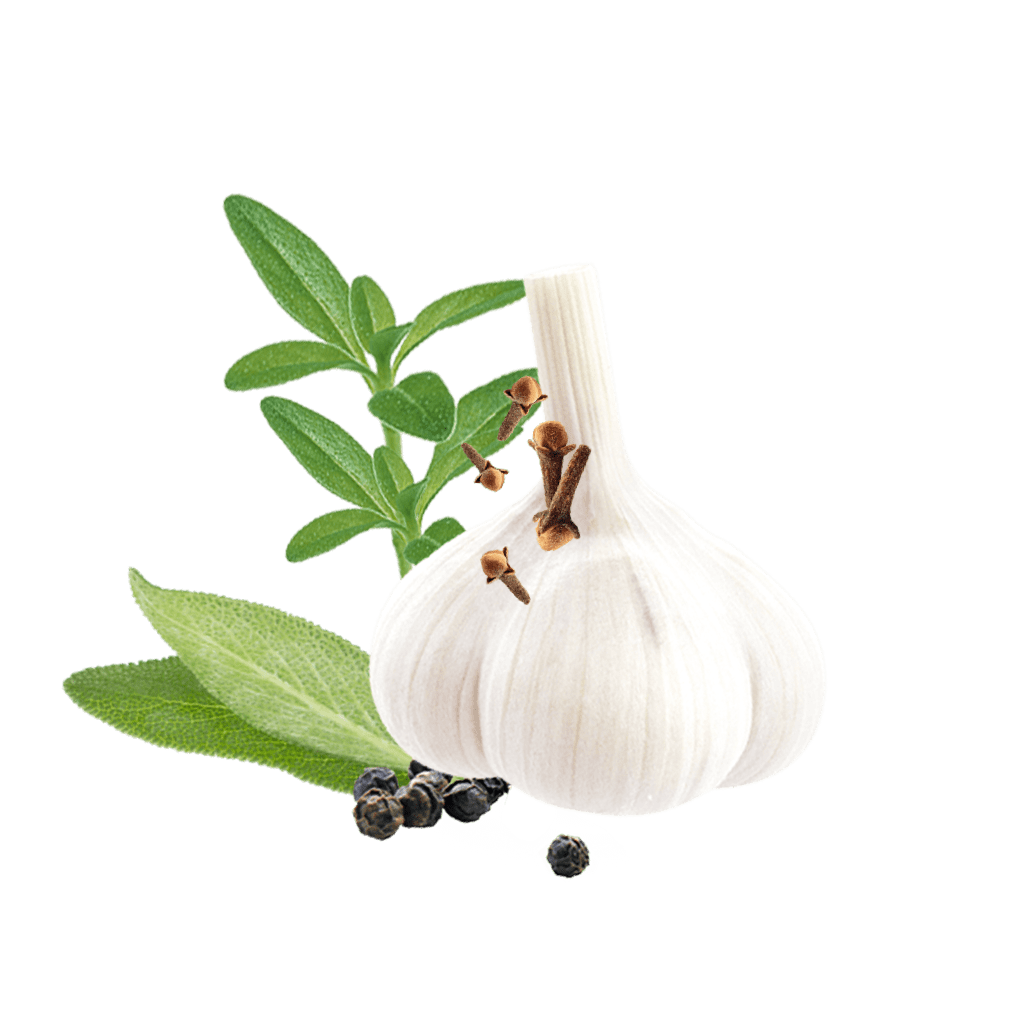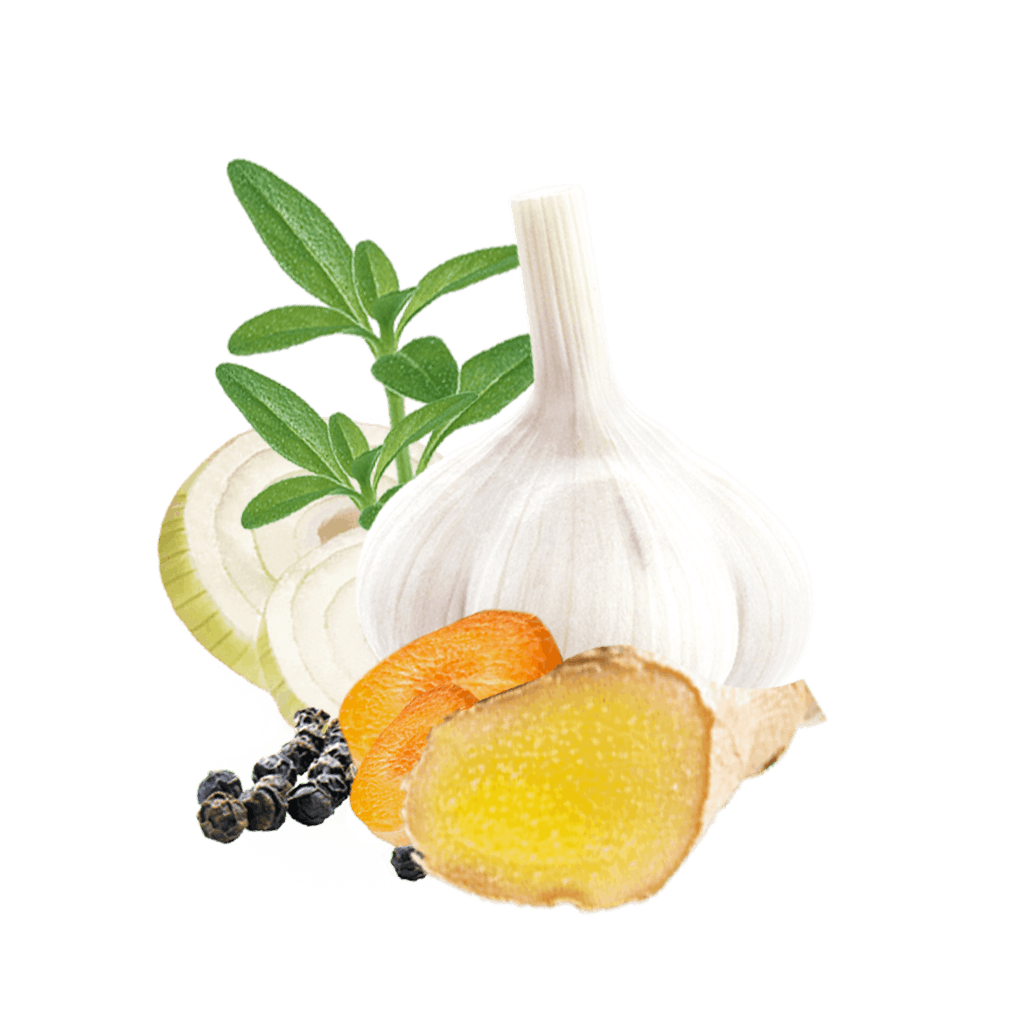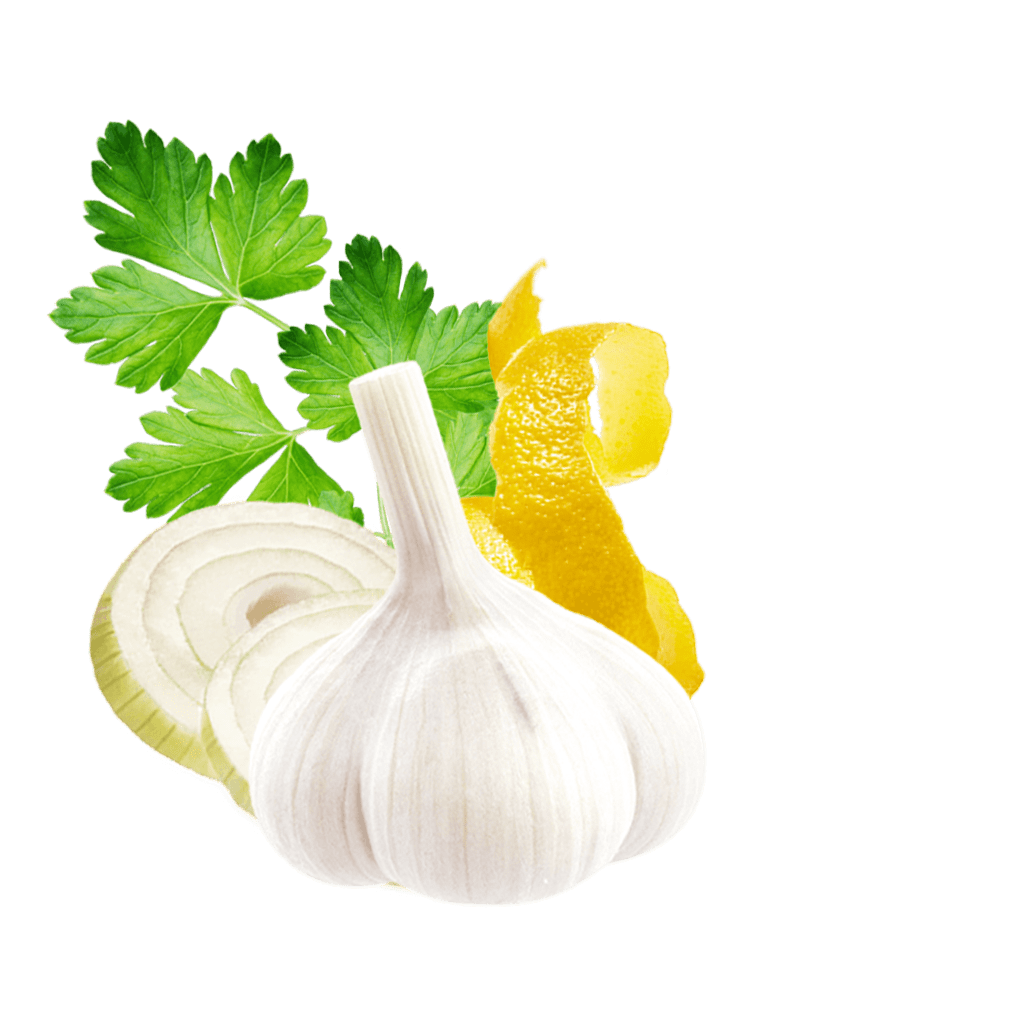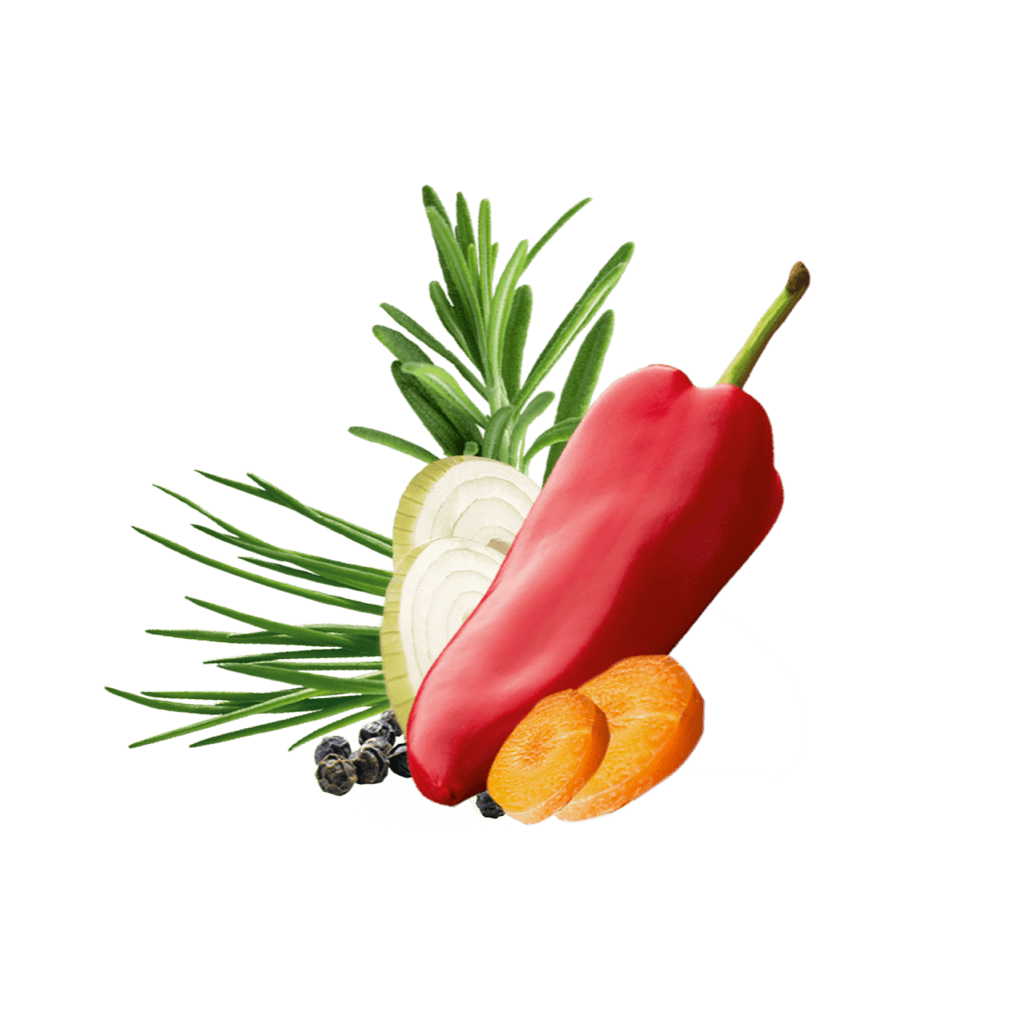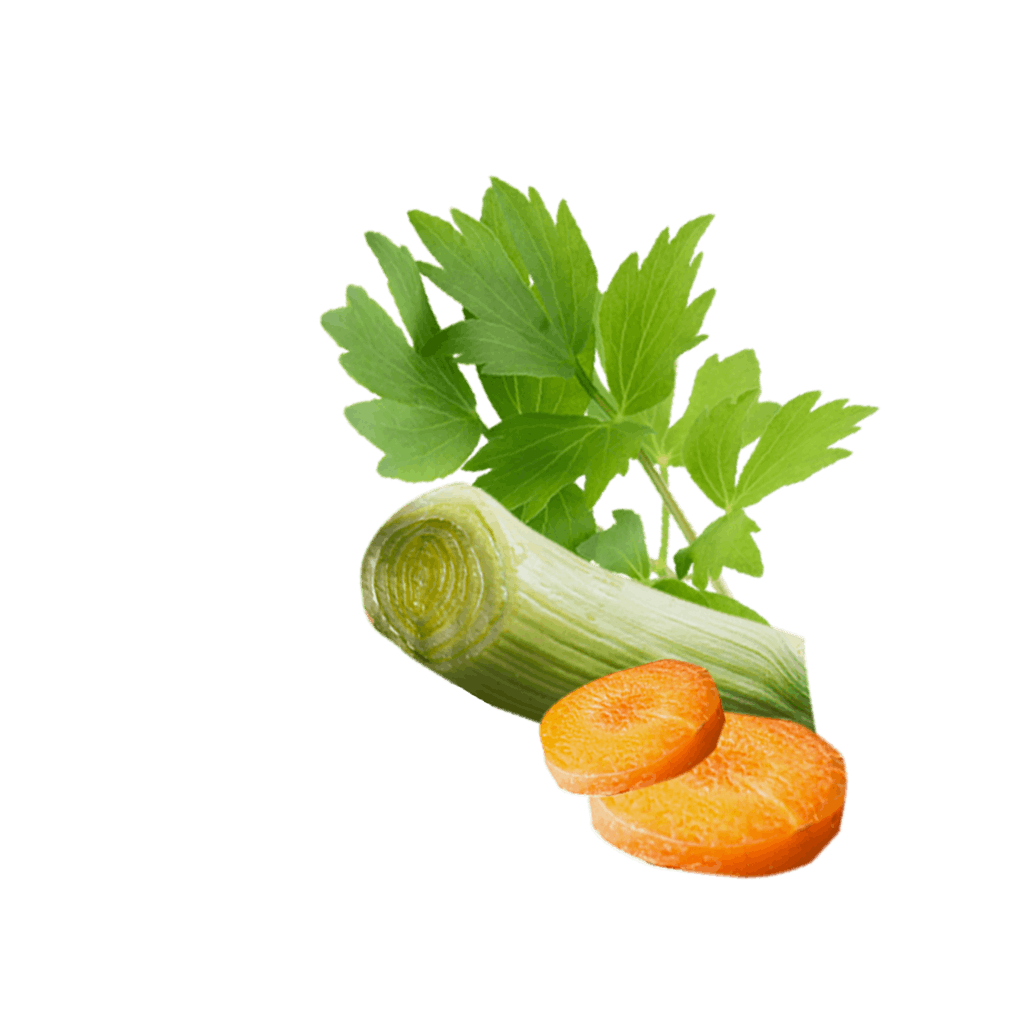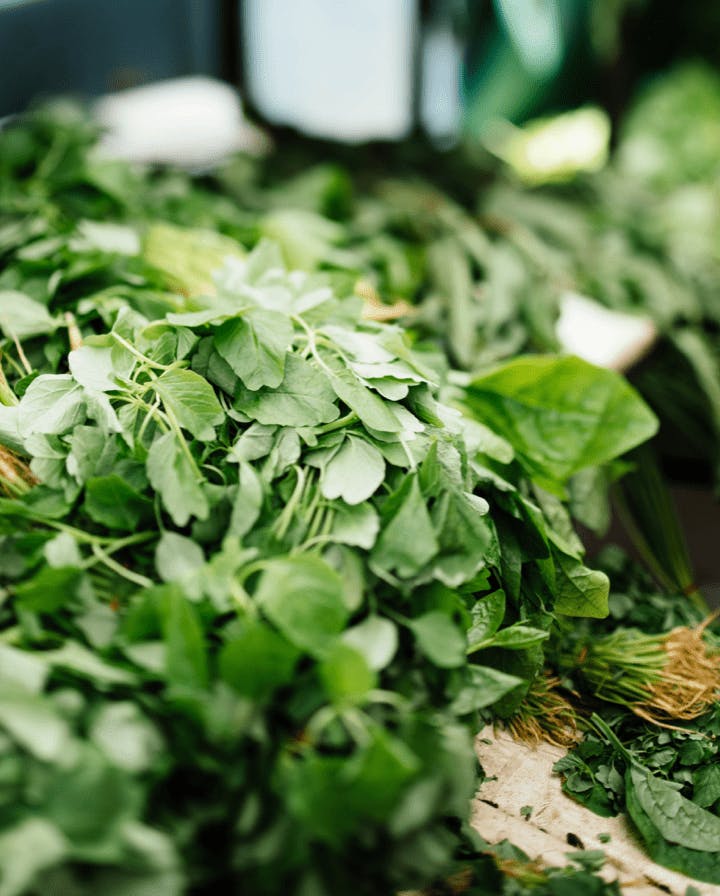Lovage
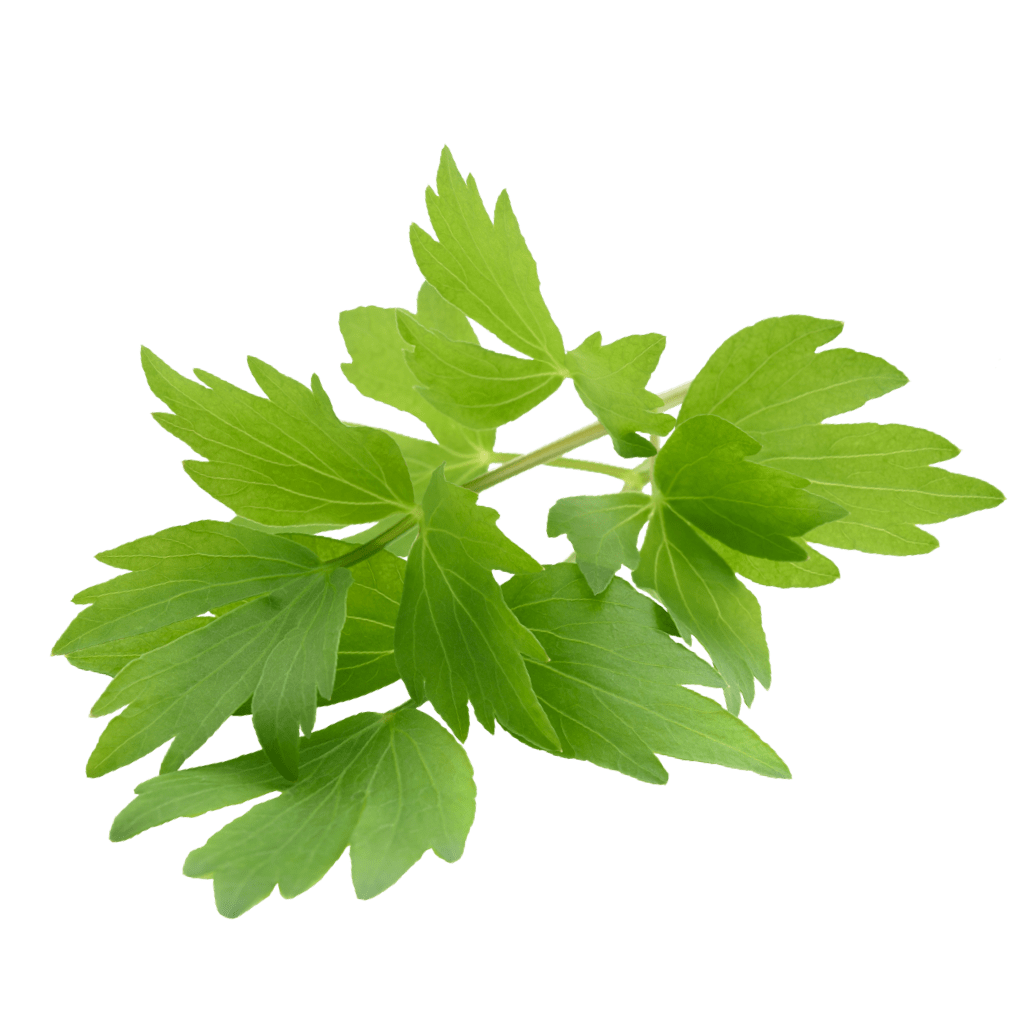

The robust and slightly sweet yet spicy flavor of lovage is often used in soups, stews and salads. This perennial plant has been treasured since ancient times.
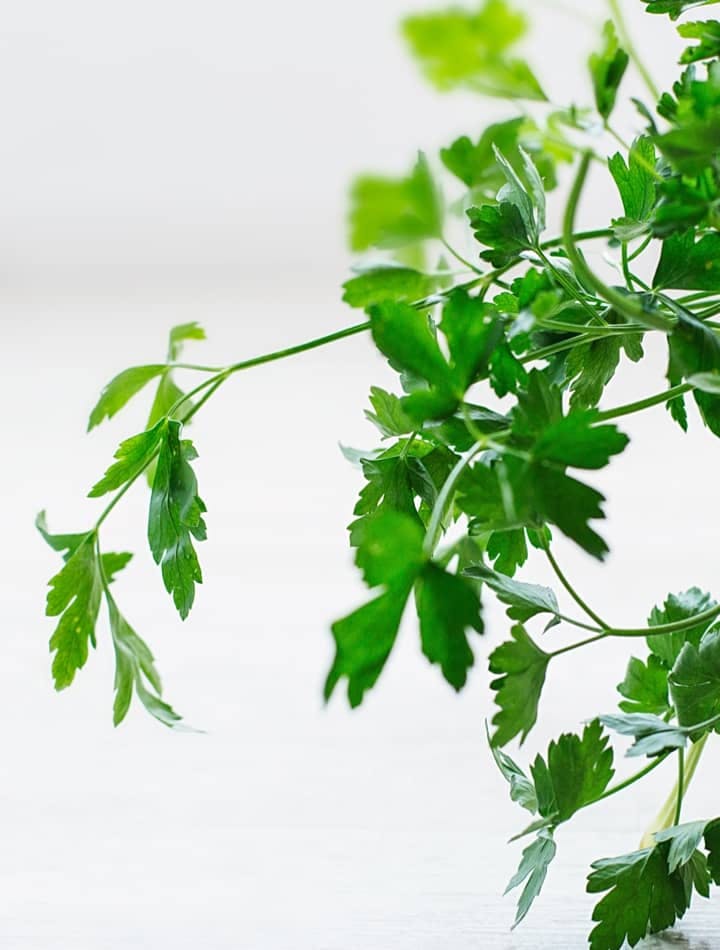
Lovage as an Herb
With its slightly hot, intense sweet flavor, lovage tastes similar to celery and leaves a slightly musky taste on the palate. It is particularly popular in Austria, southern Germany, Romania and Bulgaria as an ingredient in soups and stews. In ancient times, lovage was one of the most popular herbs to use with poultry and seafood. In his agricultural policy, Charlemagne ordered that this plant was to be grown on all royal estates, provided that the climatic conditions were suitable. As a result, the herb became even more popular and important in regional cuisines.
Products Containing Lovage
Usage
No traditional Austrian soup is complete without lovage. The herb compliments other herbs and vegetables that are traditionally used as mirepoix for hearty dishes like beef broth, chicken soup and stews. The slightly bitter flavor of lovage also works well in fillings for meat and pasta, in potato dishes like gratins and in salads. Lovage should be used sparingly as it is easy to underestimate its potency, and it retains its flavor even when cooked for a long time. In some regions, the pulverized stems of the plant are also used as a seasoning in addition to its fresh or dried leaves.
Tip!
Lovage has an extremely intense flavor, so it's best to take care when using it to season dishes — add it gradually until you achieve the desired flavor.
Related recipes
Currently Viewing: 1 of 0
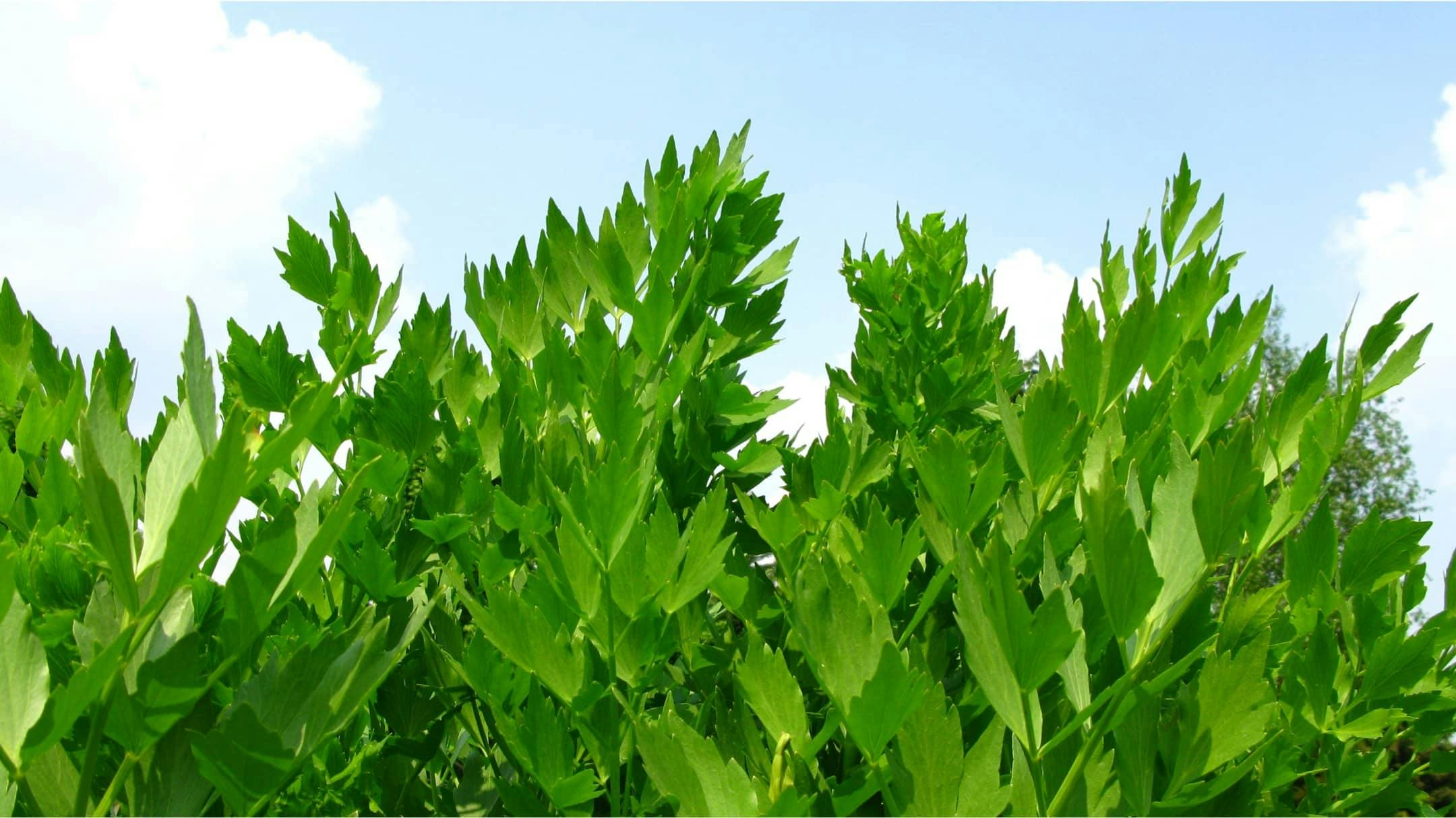

The Plant
Lovage is thought to originally come from Central Asia. As a member of the parsley family, is related to parsley, anise and dill. The perennial plant grows to up to two meters tall. Its hollow, furrowed stems bear yellow flowers and rich green, bipinnate leaves. The name “lovage” has nothing to do with “love.” Unlike marjoram and thyme, the herb has never been associated with love and loyalty. The name is actually derived from the Italian region Liguria, where the herb has flourished since ancient times.
Factbox
- Scientific Name
- Levisticum officinale
- Family
- Parsley family (Apiaceae)
- Other Names
- Garden lovage, love parsley, sea parsley, Italian lovage
- Origin
- Probably Central Asia
Discover more
Marjoram
